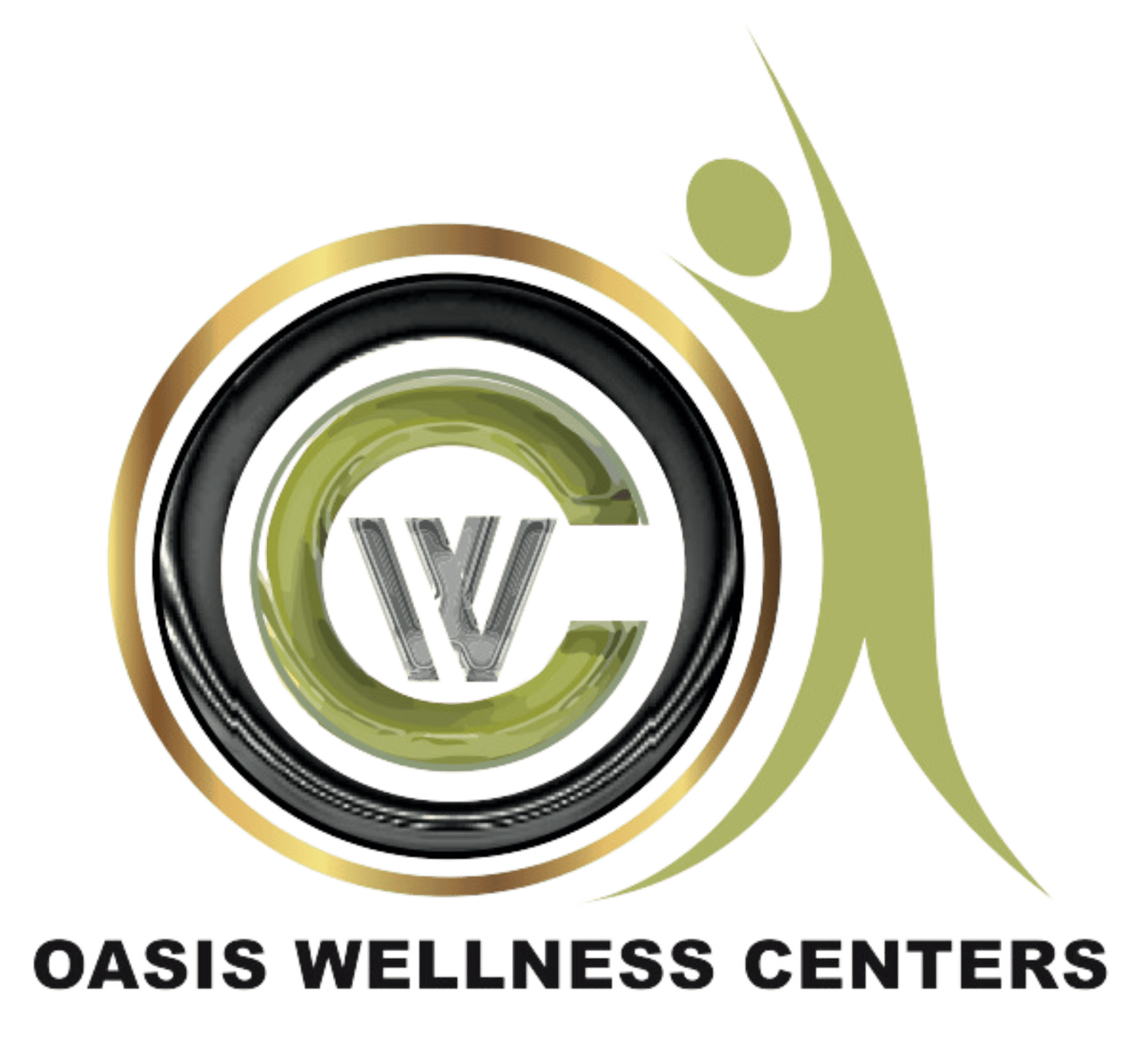Hello again in our "52 Weeks of Holistic Trauma Recovery." This week, I’m DL Blanding, bringing focus to The Role of Sleep in Trauma Recovery.
Quality sleep is essential for recovery, yet it's often disrupted by trauma. Understanding the connection between trauma and sleep disturbances can empower you to improve your sleep patterns, which is vital for your overall well-being.
Trauma can significantly disrupt normal sleep patterns, leading to difficulties falling asleep, staying asleep, or experiencing restful sleep. Such disturbances stem from heightened stress levels and anxiety, common after effects of traumatic experiences. This disruption in sleep can, in turn, exacerbate the symptoms of trauma, creating a challenging cycle of stress and sleeplessness.
Let’s begin by diving into the recovery benefits of deep sleep. Deep sleep, or slow-wave sleep, plays a critical role in cognitive functioning, emotional regulation, and physical health—all of which are crucial for recovery. During deep sleep, the body undergoes repair and regeneration processes, strengthening the immune system and reducing inflammation. In our holistic academy we teach the properties and use of herbs to assist with sleep, strengthening the immune system, reducing inflammation and much more.
For the mind, deep sleep helps to consolidate memories and process emotional experiences, contributing to better emotional resilience and coping strategies.
It is important that we prepare for a good, restful night's sleep. We can take control by creating a conducive sleep environment and establishing a calming pre-sleep routine are essential steps towards improving sleep quality. While taking a class on stress reduction I was introduced to the following methods of shutting down and preparing for a good night's rest.
To my surprise as I incorporated the techniques I began to get a good night rest. I woke up feeling well rested, ready to tackle the tasks of the day. Please note when I stopped doing the work of creating my atmosphere before bed, I relapsed back into choppy restless sleep patterns. I share my experience to say that the techniques work as long as we make them a habit and routinely practice the techniques until they become second nature to us. Now let’s continue discovering more about self-care techniques and their benefits in trauma recovery:
- Create a Sleep-Conducive Environment: Your bedroom should be a sanctuary for sleep. Ensure it is dark, quiet, and cool. Consider using blackout curtains, white noise machines, comfortable bedding, non-toxic candles, and shaggy area rugs to enhance your sleep environment.
- Establish a Pre-Sleep Routine: Engage in relaxing activities before bed to signal your body that it's time to wind down. This could include reading, gentle yoga, or meditation. Avoid stimulating activities such as screen time, which can disrupt your body's natural sleep-wake cycle.
- Mindful Consumption: Be mindful of your intake of caffeine and alcohol, especially in the hours leading up to bedtime. Both can significantly impair your ability to fall asleep and the quality of sleep you achieve. Warm soothing herbal tea in your favorite mug can also contribute to your calm down routine.
- Exercise Regularly: Regular physical activity can help reduce stress and anxiety, promoting better sleep. However, try to avoid vigorous exercise close to bedtime as it can have the opposite effect.
- Consider Professional Support: If sleep disturbances persist, consider seeking support from a holistic provider, coach or a therapist specializing in trauma recovery. They can recommend tailored strategies to improve your sleep.
Now, let’s explore the synergy of sleep and recovery. Incorporating these practices into your routine can not only improve the quality of your sleep but also accelerate your recovery process. Quality sleep enhances your body's ability to recover, strengthens emotional resilience, and improves cognitive function empowering you to navigate the recovery journey more effectively.
In our sessions at the Oasis Wellness Holistic Centers, we delve into strategies from mindfulness techniques to grounding exercises, our goal is to equip you with the tools you need for managing these moments effectively.
Join our private FaceBook group, Total Mind-Body Realignment Post Trauma for discovery, support, realignment and recovery, where we continue to grow, learn, and recover together.
To explore this topic further, I encourage you to join us at the Academy, where our supportive community and expert guidance can assist you in this crucial part of your journey.
If you're looking for guidance or support in this area, we are here for you. For additional support, book your discovery support session today.
Remember, every step taken towards improving your sleep is a step towards a more resilient and recovered self. Let's prioritize our sleep as a fundamental part of our recovery journey.
Until next week, may you find peace and restorative sleep on your path to recovery.



Comments ()